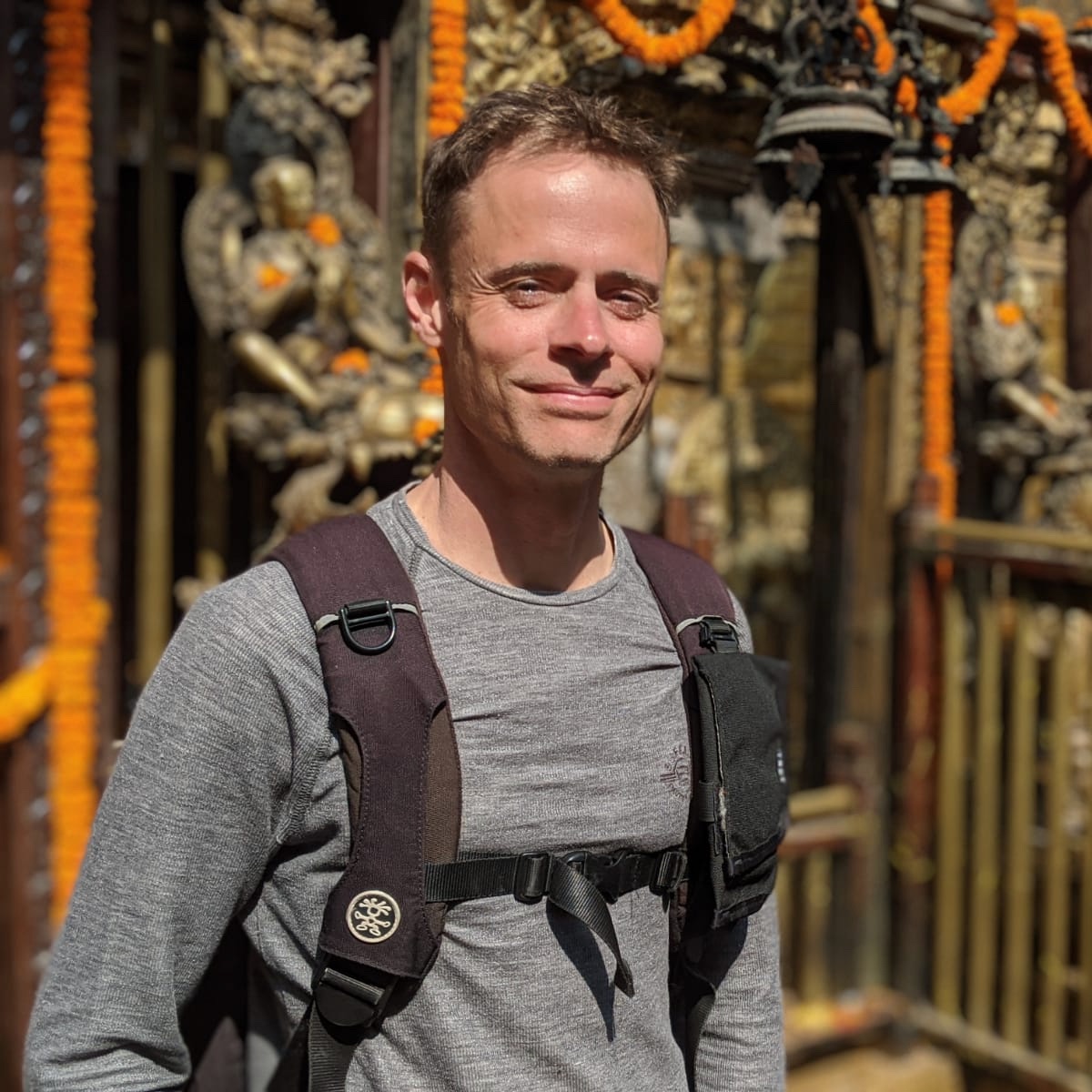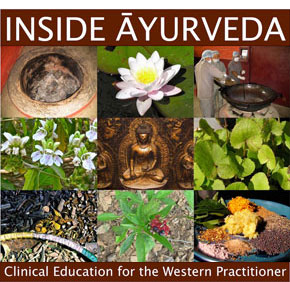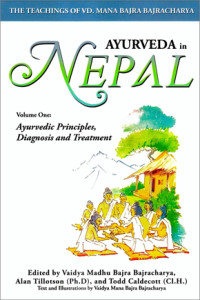Why don’t some people heal, even though they do all the “right” things?
Sometimes the right thing for one person isn’t the right thing for another – so part of the problem is the “one-size-fits-all” approach that modern marketing uses to sell their products and services. In traditional systems of medicine such as Ayurveda, everyone is seen as an individual, and so when someone is unwell, a specific plan must be created to address their specific health issues. In a related fashion, sometimes the problem is that what is being recommend as the “right” thing isn’t right at all. This is more a problem of ignorance or not knowing. For example, some people are sold a product or a service that claims to be helpful when it is not. Likewise, sometimes people continue to engage in behaviors or activities that are counter-productive to good health, but aren’t aware of this. Another issue relates to the staging of the disease, and depending on how far the condition has progressed, different measures will be used at different times to bring about a resolution. For example, if someone has arthritis, and is taking all the “right” remedies for arthritis, but hasn’t treated underlying problems such as poor digestion, the condition won’t get better and all those supplements are a waste. So it is important to understand the causative factors for the illness, and properly address these before trying to get much headway with the presenting issue. Sometimes the problem is that condition has progressed too far to resolve. It is a sad but nonetheless universal truth that we are all going to die, and illness is a part of this existential reality. There is nobody that escapes suffering, illness and death. So sometimes the lesson of chronic illness isn’t necessarily about getting better, it’s about understanding our relationship with life itself, and the importance of seeking a deeper understanding to our existential plight. In ancient India, the Buddha was often seen as the ‘great physician’, not because he was a remarkable healer, but because his teaching addressed the fundamental problem of our existence. And despite the feel-good claims made by some exponents of Ayurveda and traditional medicine, the idea that there is such a thing as perfect health is an illusion:
<blockquote>The body is afflicted, weak, & encumbered. For who, looking after this body, would claim even a moment of true health, except through sheer foolishness? So you should train yourself: ‘Even though I may be afflicted in body, my mind will be unafflicted.’ That is how you should train yourself.</blockquote>
Thus in Ayurveda, it is important to have a larger, deeper and more spiritual perspective – this alone can bring about a kind of healing that might not heal the body, but heals our relationship with it.





